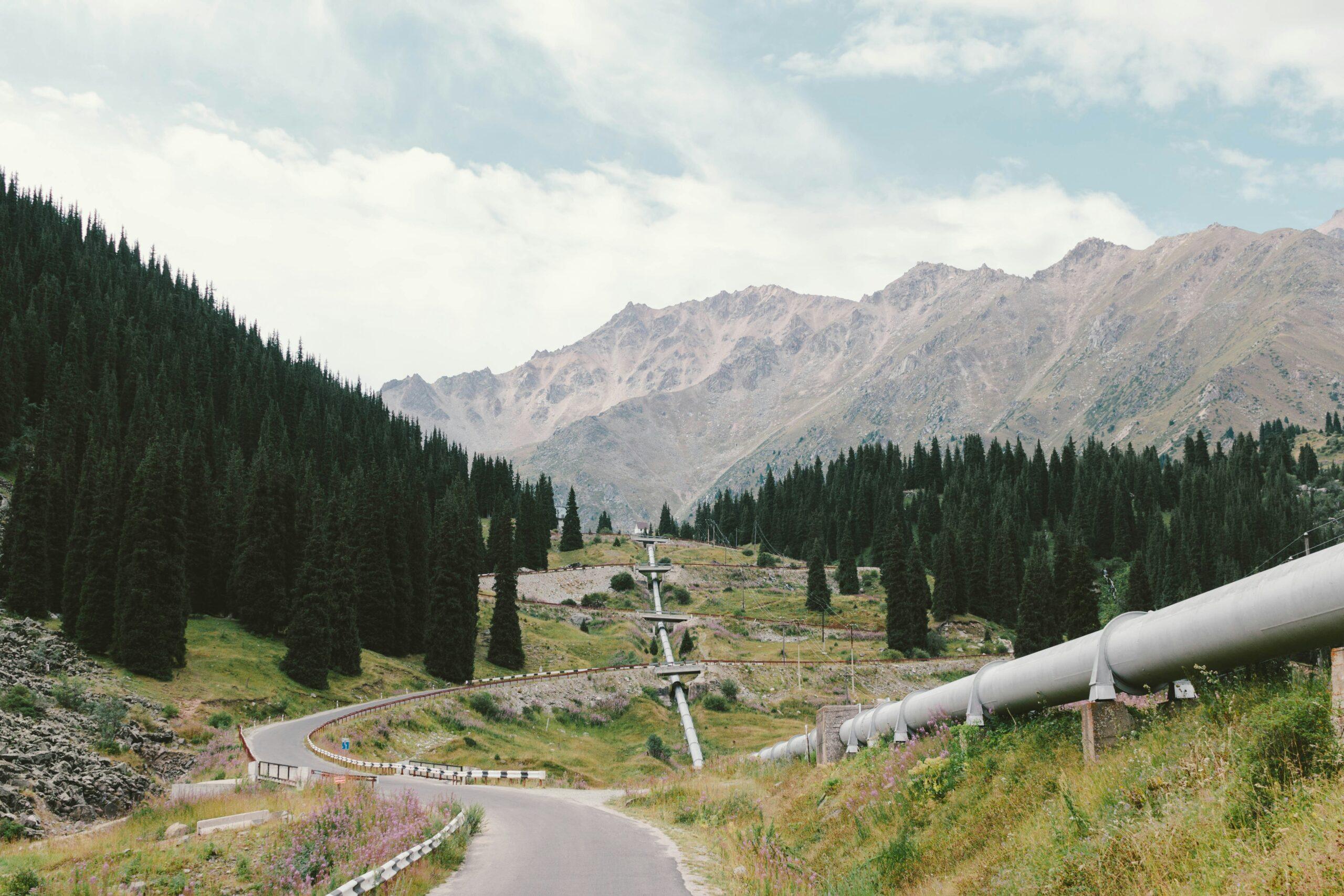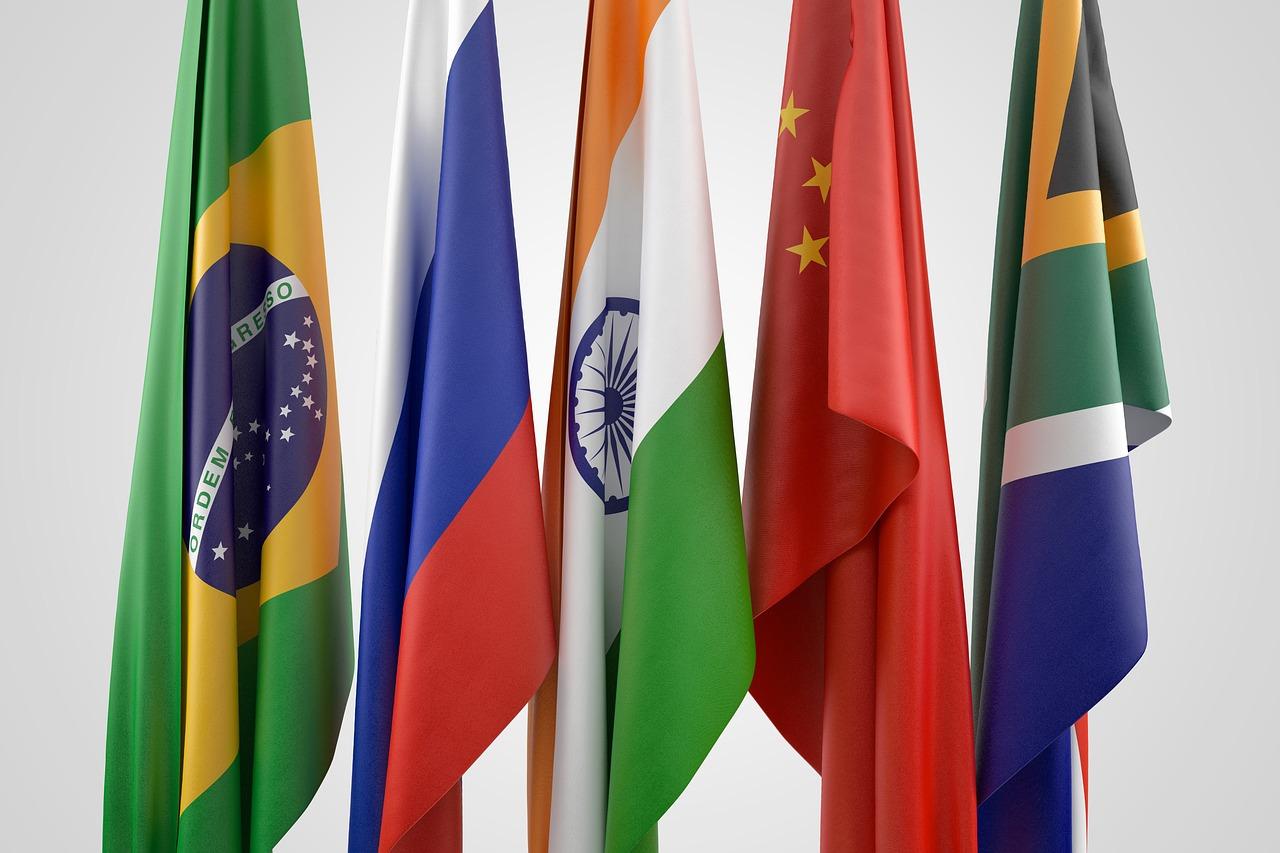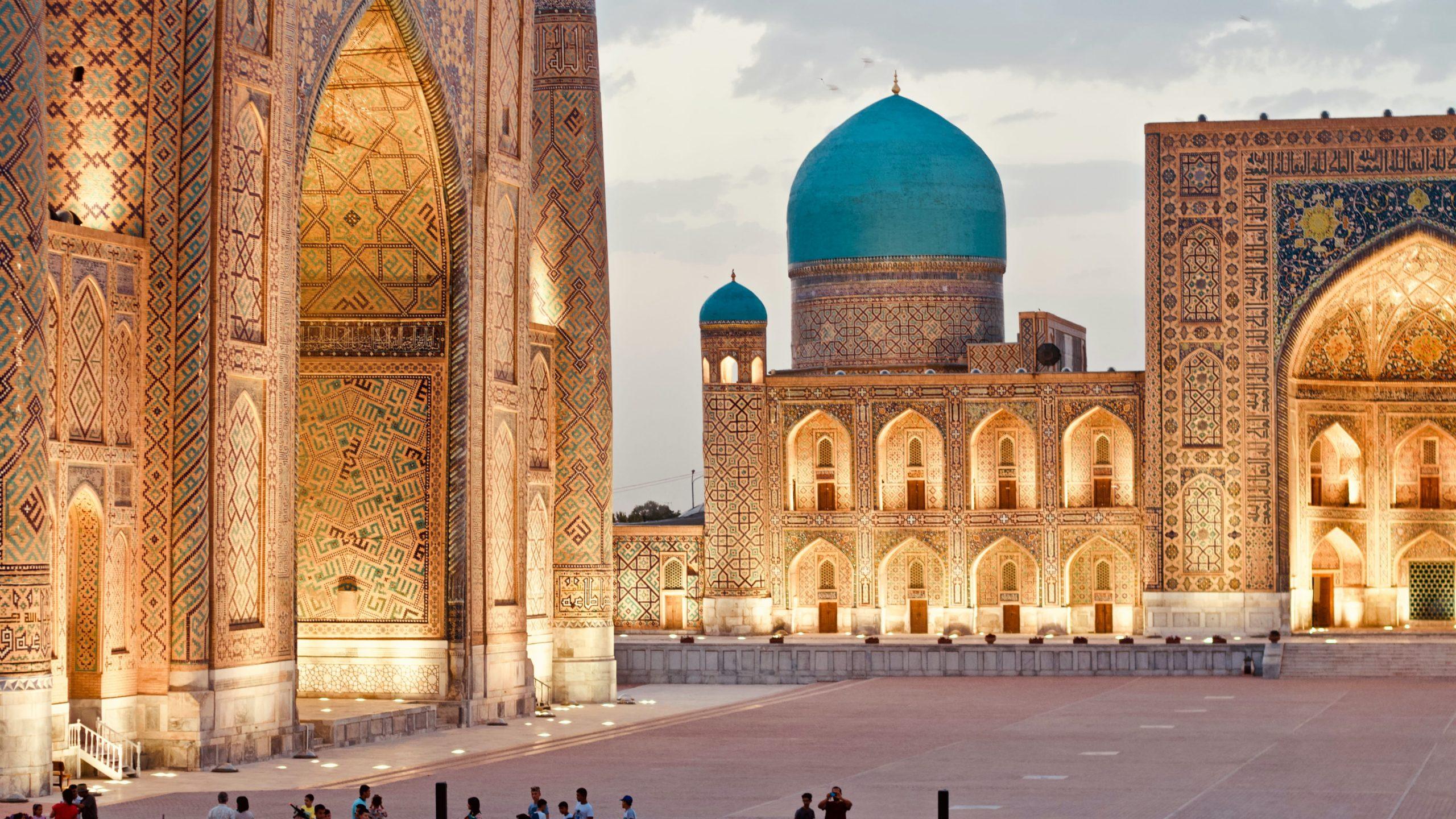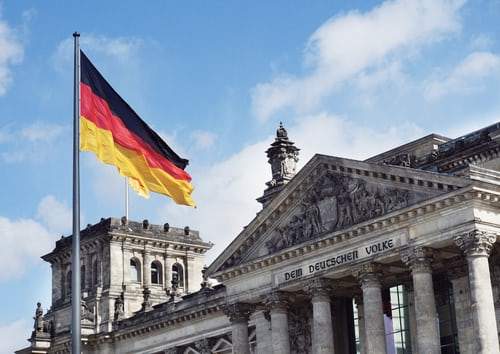
The Power of the Siberia 2 pipeline: China, Russia, and Mongolia at the nexus of energy geopolitics
The Russian invasion of Ukraine has radically shifted global energy geopolitics, forcing Europe to abandon cheap oil and gas coming from that direction and leaving Russia without one of its most important sources of revenue. Seeking new markets as a result, the Russian state has pivoted to selling its oil and gas to China, fulfilling a longstanding request from the energy-hungry Middle Kingdom, and promising both opportunity and risk to Mongolia.



